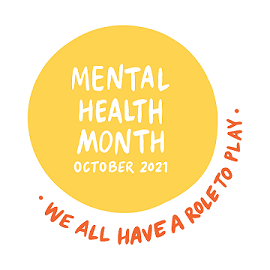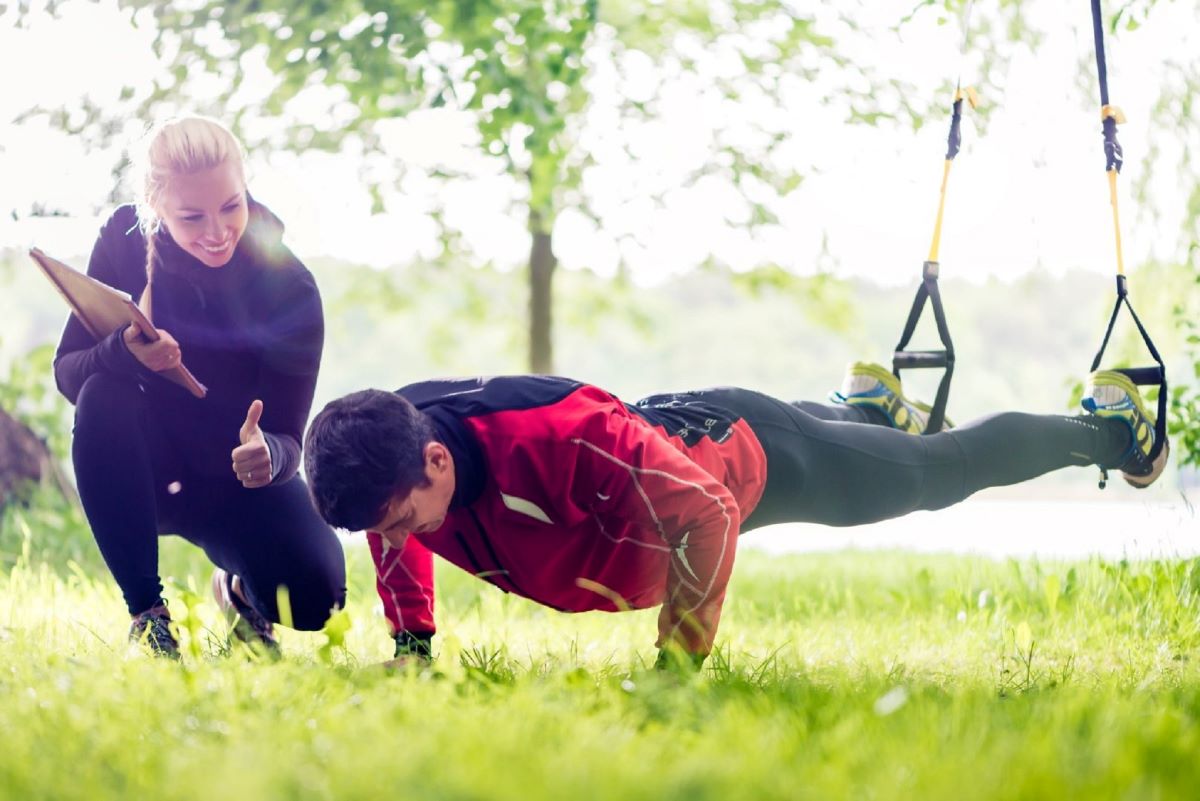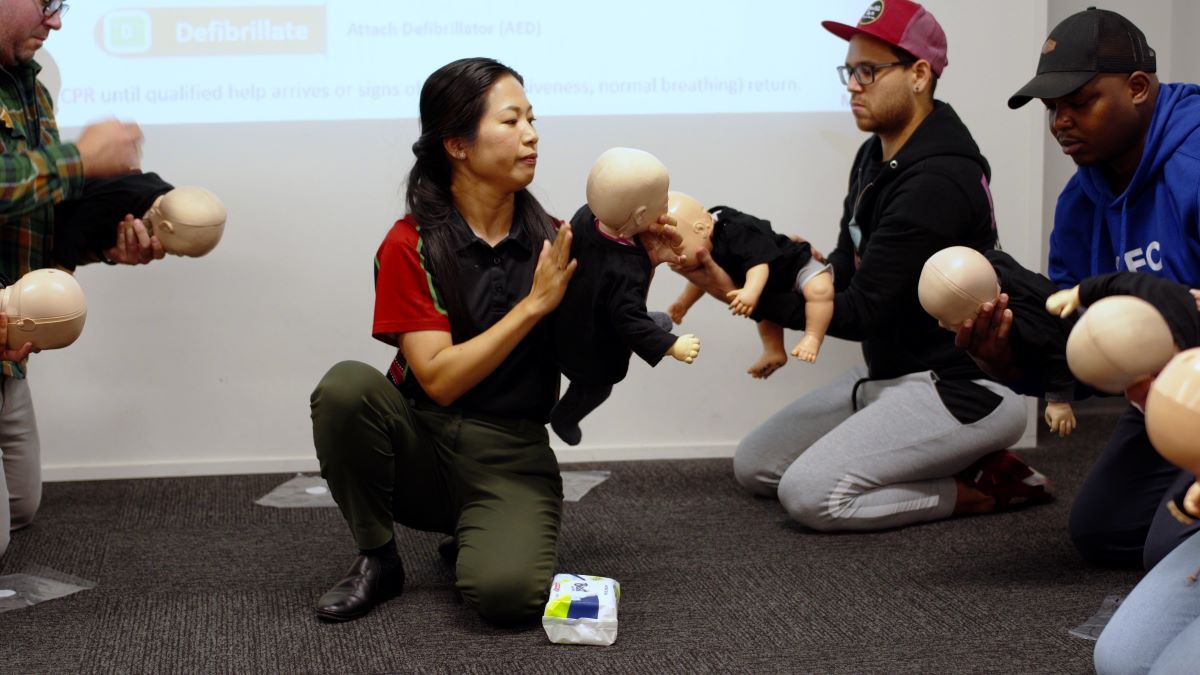Your Mental Health is important. It comprises our emotional, psychological and social wellbeing. No matter your age, it can affect how you feel, think and act.
Your Mental Health can often be overlooked. Trying to fit in sleep, social life, work, relationships, and hobbies can sometimes be too much, and you may not know how to cope. Your mind needs to be nourished with things that fulfil you to feel your best. Feeling your best looks different to everyone but isn’t a constant state of being. Life is full of ups and downs. However, if you find that the downs are more frequent and last longer than a few days, it’s important to access relevant resources for support. If you have good mental health, you can see the benefits in the way you socialise with the wider community, feel, think, and manage a range of positive and negative emotions.
Here are some things that you can do to support your overall wellbeing and achieve good mental health.
Mindfulness
“Mindfulness is the act of being present, aware of where you are, what you’re doing and not overly reactive to what’s going on around you” – (Mindful.org).
Being mindful can break down our conditioned responses and reactions and allows you to be aware of your feelings without judgement or distraction. By practising mindfulness, you can reduce your worries and anxiety, creating a sense of calm. You can also improve concentration and increased productivity, enjoy better overall health and sleep, and develop a sense of empathy and connectedness.
Meditation can help you be mindful, and there are plenty of apps you can use to help with this, including Smiling Mind and Headspace.
You can also try writing your thoughts and feelings down in a journal.
These meaningful exercises can put you in touch with your headspace and help you improve how you navigate times of distress, worry and even help you reach a place of content by removing you from the direct thing which is causing you stress.
Eat Well
Food and mental health are linked. If you are often eating foods such as caffeine and chocolate, you can trick your brain into releasing chemicals that temporarily alter your mood. Saturated fats such as palm oil, butter and lard can prevent the conversion of other foods into nutrients the brain needs. Physical health can also be affected by these foods, leading to a negative self-image and relationship with food. Alcohol should be cut back upon as it can interrupt your sleep patterns and focus.
How food can help you:
According to medical advice, a Mediterranean-style diet (lots of vegetables, seafood, herbs, garlic, olive oil, cereal and grains, supplemented with fish oil) can reduce the symptoms of depression.
Colourful fruit and vegetables:
- Contain complex carbohydrates by releasing energy slowly; they can perk us up over time!
- Have antioxidants and vitamins- meaning you stress less!
- They’re super easy to add to meals! Chuck them in a soup, sandwich or stew; there are so many ways to get more vegetables in your diet.
Wholegrains:
Wholegrains should be known as ‘serotonin central’. This happy chemical is released through a range of amino acids within the grain, which will calm you, keep your sleep schedule thriving and improve your mood!
Fermented foods:
Think Kimchi and Kombucha. The bacteria in these foods are thought to influence our emotions directly. By creating a healthier tummy, you can create a healthier mind.
Fish:
The acids in fish will help your memory and potentially reduce anxiety. They circulate serotonin and dopamine (good chemicals) to help you feel more positive!
Talking
Talking can help you process your thoughts and feelings. Being listened to can help you feel supported and can encourage those around you to open up too. You can choose to talk with family, friends or another member of your community.
The conversation doesn’t need to be planned. Letting the conversation naturally drift can help you feel more comfortable about talking. If you feel you cannot speak to your friends or family and your wellbeing is at risk, you can call lifeline or make a booking with your GP to tell them how you are feeling and discuss the best way to move forward. Resources they may suggest may include starting a mental health care plan or medication, but it is best to contact a health professional directly so that they can tailor your support.
If you are worried about physically attending a doctor or psychologist, you may be able to get in contact through a digital medium. Speak with their office directly for more information.
Move Your Body
Positively moving your body and being active can release serotonin and endorphins that improve your mood. It can also be great for social interaction and may help you get out of the house and in touch with the community. Long-term exercise can reduce stress and depression, and anxiety symptoms. It can also increase the size of the part of the brain which is responsible for memory. Not to mention, it can benefit your overall physical health too!
So how do you get more exercise?
- Take your dog for a walk.
- Join a gym
- Go for a swim
- Try yoga
- Join a dance class
- Or even park your car further away from your destination and walk!
You don’t need to go for a 5km run or sign up for an Ironman event tomorrow. Just make an effort to keep increasing your movement every day. A fitness monitor can be a great way to track this, or you can set regular alarms to take a five-minute break from your desk or couch and move around.
How can I have good Mental Health?
Go to our dedicated Mental Health First Aid course page to find out how you can better help yourself and those around you stay mentally healthy!
Suicide Prevention
If you are concerned for the immediate health of yourself or someone around you, contact Lifeline on: 13 11 14
@firstaidproau How to look after your mental health ##mentalhealth ##fyp ##mumsoftiktok ##mums ##foryou ##foryoupage ##firstaid ##learnontiktok ##tiktoktaughtme ##healthy
♬ Bolehhh - BEKZAT BIGELDI







